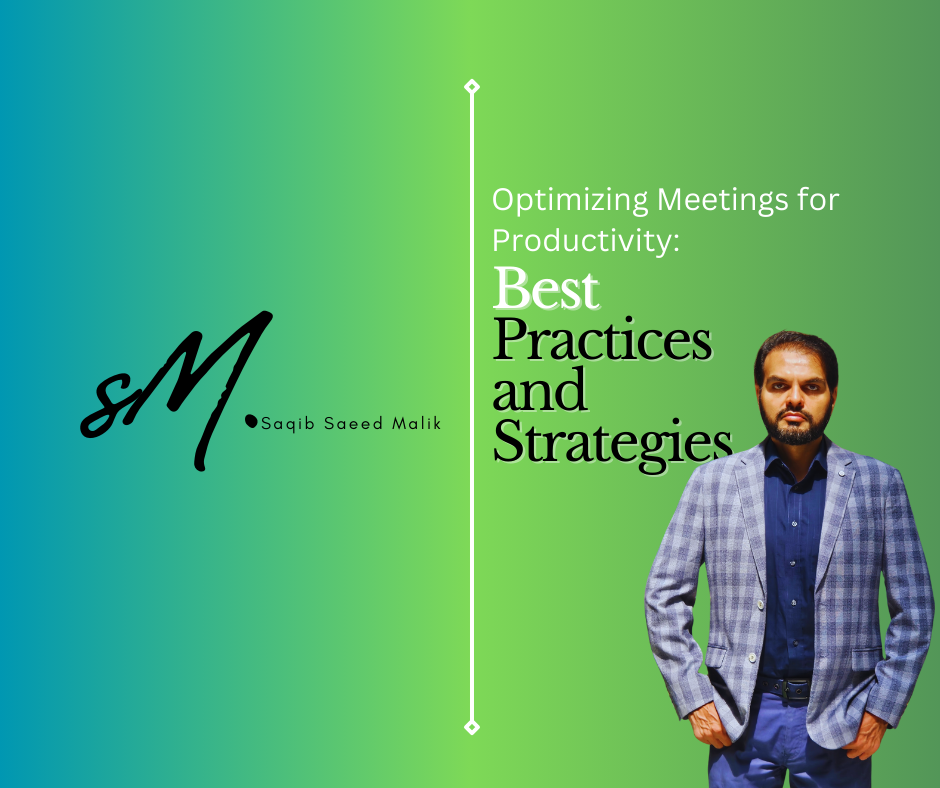Optimizing meetings for productivity is essential to ensure that they are a valuable use of time. One of the most effective ways to do this is to have a clear agenda and set specific goals for each meeting. This helps to keep the discussion focused and ensures that the meeting stays on track.
Another important strategy is to limit the number of participants. Having too many people in a meeting can lead to confusion and make it difficult to reach a consensus. It is important to include only those who are directly involved in the topic at hand and who can contribute valuable insights.
Time management is also crucial in optimizing meetings for productivity. Setting a time limit for each meeting and sticking to it can help to prevent meetings from dragging on unnecessarily. It is also helpful to schedule meetings at times when participants are most likely to be alert and focused, such as in the morning or after a break.
In addition to these strategies, it is important to follow up on meetings with clear action items and deadlines. This ensures that the decisions made in the meeting are implemented and that the meeting leads to tangible results. By following these best practices, organizations can make their meetings more productive and ensure that they are a valuable use of time.


One thought on “Optimizing Meetings for Productivity: Best Practices and Strategies By Saqib Saeed Malik, Founder & CEO of Nazmed SMS Sdn Bhd”